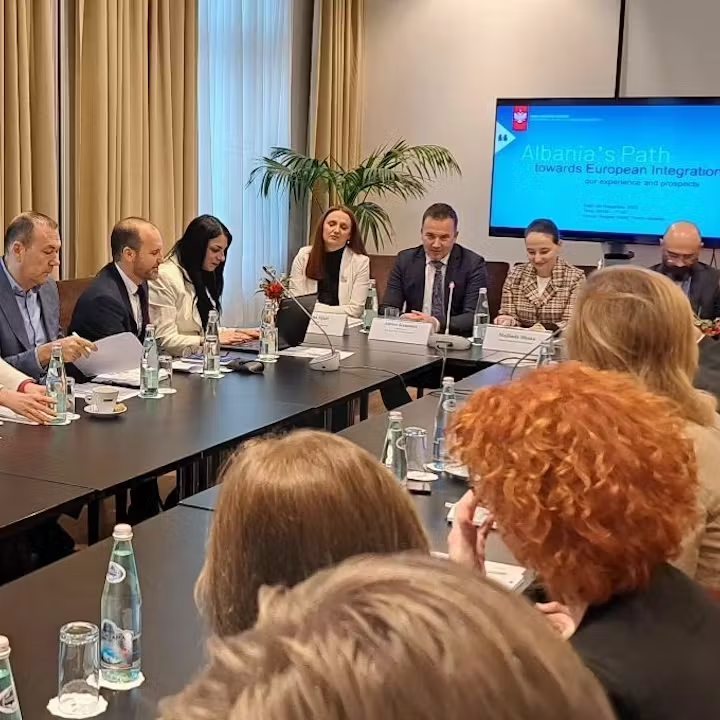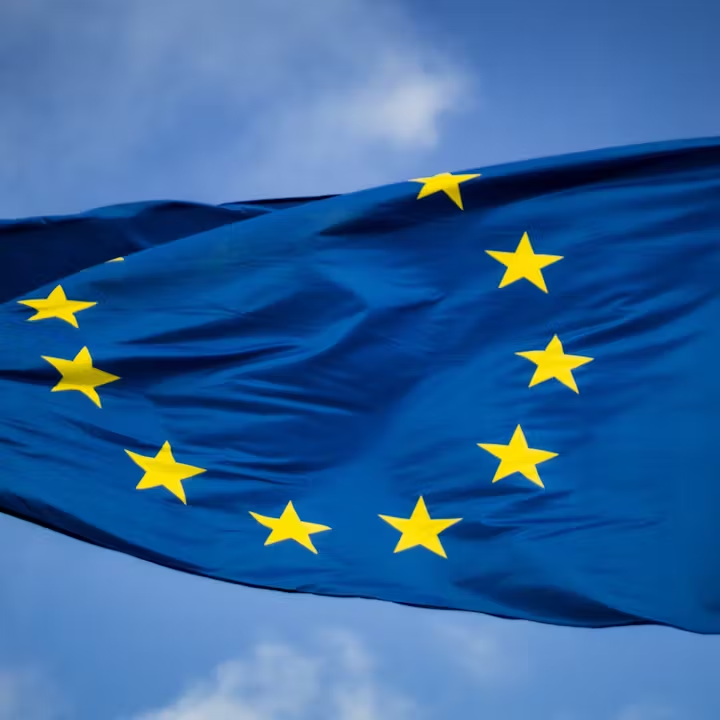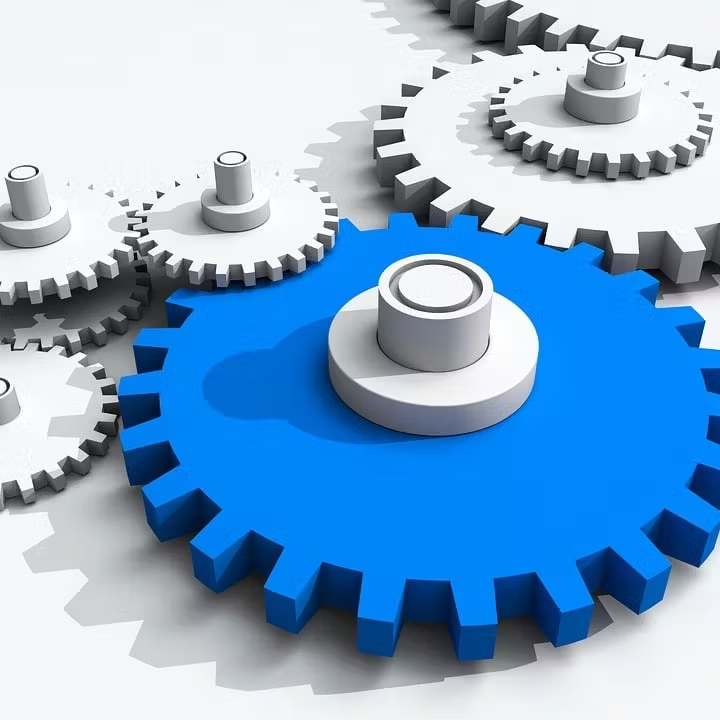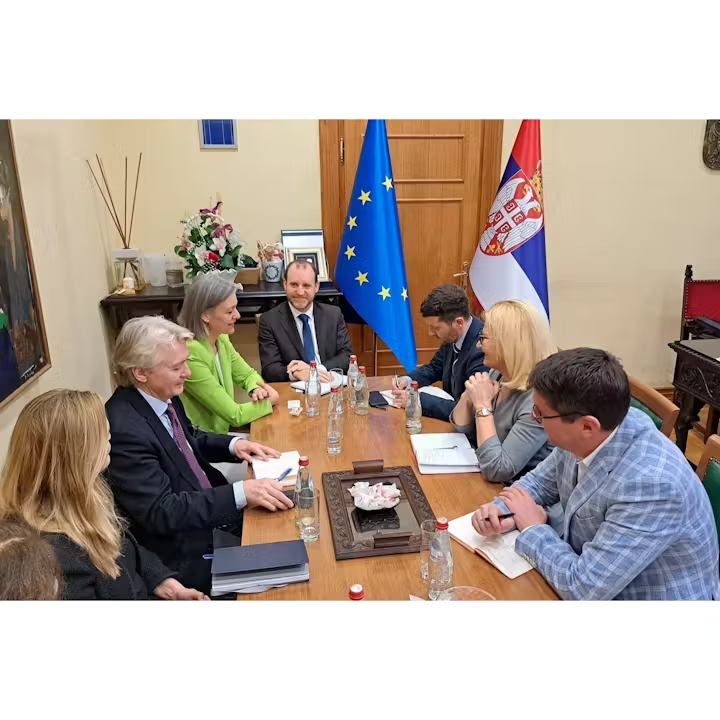Programme Strategy
Capabilities-driven Strategy
The programme's technical support is provided in an evidence-based manner, building on UNOPS’ strengths and distinctive capabilities. All technical support requests are reviewed by the programme team to ensure alignment with the country's reform agenda, EU recommendations/framework, and UNOPS' values and core competencies.

Thematic focus on the Green Agenda, Sustainable Connectivity, Agriculture, Regional and Cohesion Policy
The programme offers tailor-made services within Cluster 4 and 5, addressing specific country and regional needs based on partner input and adherence to the EU framework. UNOPS rigorously monitors the climate impact of its service offerings, assessing partners’ requests and experts’ deliverables through a climate-focused perspective in alignment with UN’s Sustainable Development Goals (SDG) 13 - Climate Action and SDG 7 - Affordable and Clean Energy as well as the European Green Deal.

Ownership and adaptability
Relying on consultative processes with beneficiary institutions as well as all key programme stakeholders, the team ensures that potential synergies are identified and duplication with similar technical assistance initiatives is avoided.

How we support and operate
The programme offers customized technical expertise to beneficiary government institutions responsible for implementing reforms at the national level. This support includes process and chapter-specific advice with a view to ensure full compliance with EU requirements in priority areas identified by the six national counterparts in the Western Balkans.
This includes leveraging the knowledge and experience of high-level experts from diverse backgrounds, including international organizations, academia and the private sector.

Concrete Technical Support
With an emphasis on achieving tangible and measurable results, the programme grants its beneficiaries access to a pool of highly skilled professionals. These experts are deployed on technical support missions with a specific focus on aligning, implementing and ensuring compliance with relevant EU legislation.
Envisaged regional flagship events and a regional training component will promote cross-border exchange at technical level, mutual learning, and sharing of best practices among beneficiary institutions, in pursuit of common reform objectives.

Priorities for Action
Supporting knowledge access in line with EU and UN principles, ensuring beneficiary institutions have access to the latest tools and resources necessary to drive reform and progress towards EU acquis alignment.
Maintaining ongoing dialogue with beneficiaries and stakeholder engagement to ensure coherence, high quality and timely support. This includes regular monitoring missions and consultations on the ground with government and EU representatives, the donor community, other UN organizations and key stakeholders.
